
The EuroScience Open Forum (ESOF) was founded in 2004 by EuroScience, the non-profit grassroots organization of researchers in Europe. It is a biennial meeting designed to offer the scientific community a platform for interdisciplinary and intersectional debate about scientific culture, scientific research and innovation, for and with society. Since its inception, ESOF has become the largest conference of its kind in Europe.
Watch the recording:
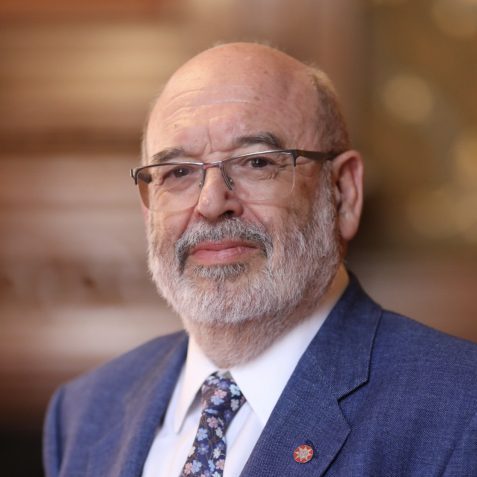
President of the International Science Council, chair of the Oversight Panel for the COVID Outcome Scenarios Project and co-author of the report, Professor Gluckman will chair the panel through the expert lens of international scientific advice and diplomacy. (Moderator)
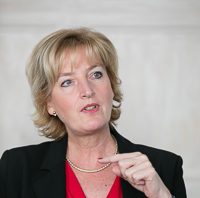
Dr Woopen as Executive Director of the Cologne Center for Ethics, Rights, Economics and Social Sciences of Health, can provide both a European and global perspective on the interactivity between the vectors of uncertainty around various COVID outcome scenarios.
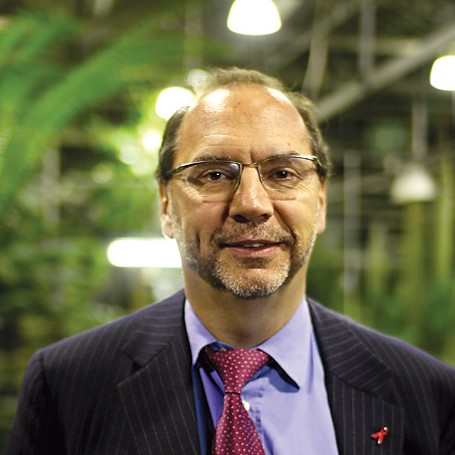
With a wealth of experience in virology, including leading UNAIDS and co-discovering the ebola virus, Peter Piot will provide expert knowledge on the health and international diplomacy nexus of the pandemic.
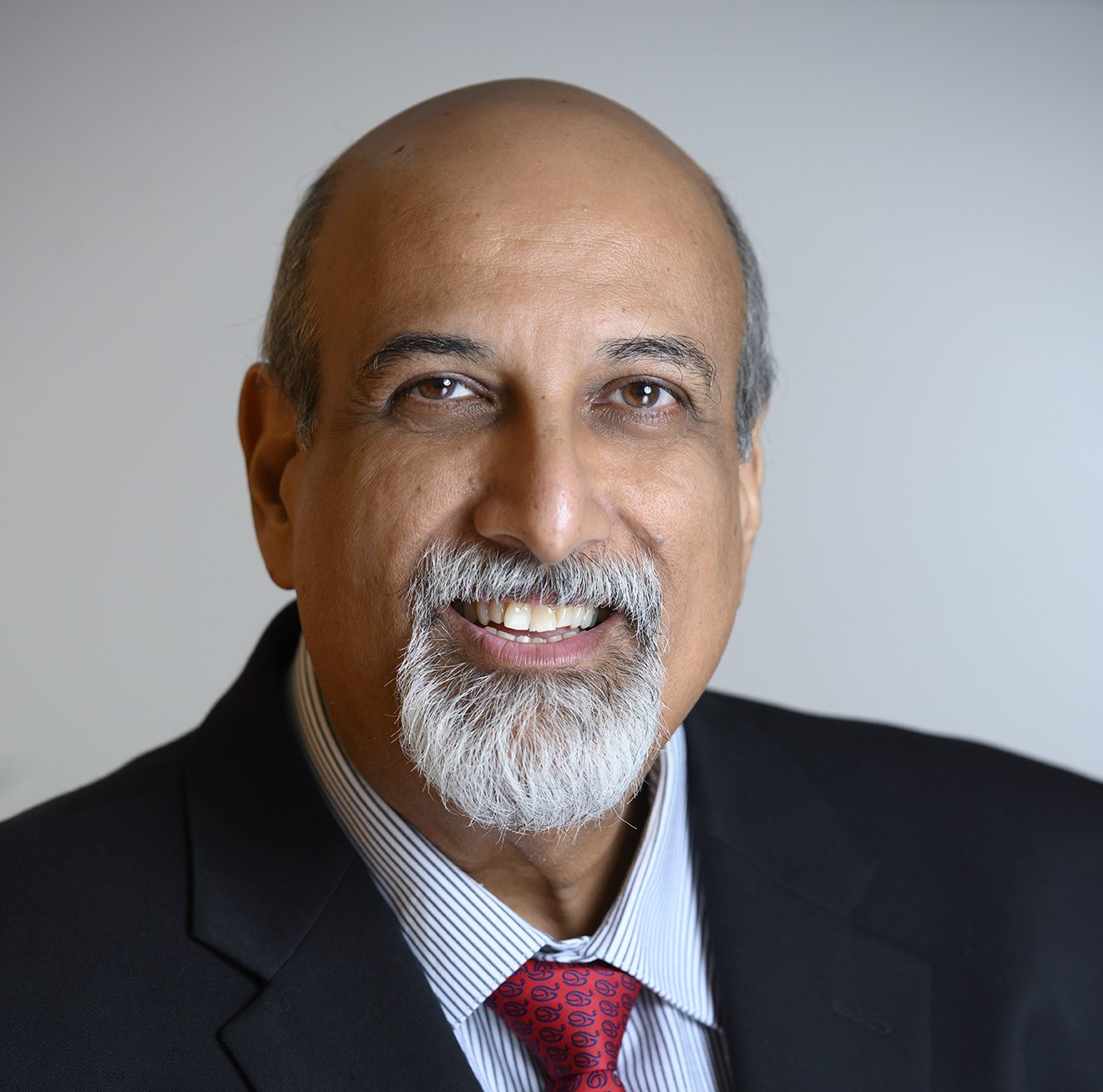
Professor Abdool Karim is a clinical infectious diseases epidemiologist widely recognized for scientific contributions to HIV prevention and treatment. He initiated the COVID-19 Scenarios Project for the ISC and is a member of the project’s Oversight Panel.
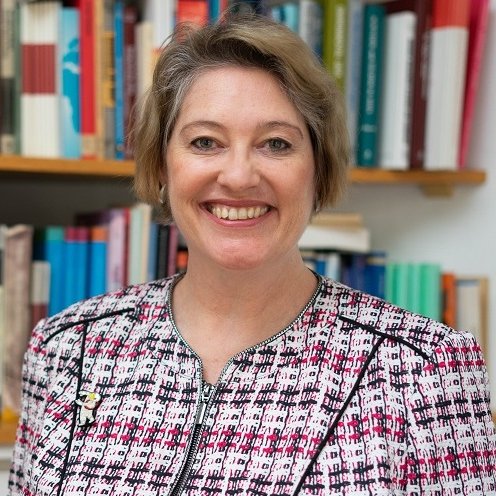
Alison Meston, Communications Director, will open the session on behalf of the ISC.
This panel brings together experts from the COVID-19 Outcomes Scenarios project, led by the International Science Council (ISC) with the United Nations Office for Disaster Risk Reduction (UNDRR), and the World Health Organisation (WHO). Panellists will discuss the key findings of their high-level foresight report Unprecedented & Unfinished: COVID-19 and Implications for National and Global Policy mapping out three important COVID-19 scenarios up until 2027. This exercise represents one of the largest global, multidisciplinary, joint efforts, to-date. Speakers include former and current science advisors, chairpersons of national COVID-19 advisory bodies, and leading academics in horizon scanning.
Their common purpose is to help encourage local, national, regional and global science advisory and planning systems to step-away from the current crisis management mode and to think about short to medium-term actions that, when combined, can provide better shared longer-term outcomes. For example, too many governments are still operating with a relatively narrow focus of surviving the next weeks and months, resulting in the domino effect of a highly uneven global response fed, in turn, by suspicion and insufficient global solidarity.
Speakers will explain their methodology and elaborate their concrete findings on what the potential, wide-ranging, long-term scenarios and their impacts on the global community might be. The first most likely scenario describes a world where global and regional collaboration has been effective in supplying sixty to seventy percent of the global population with access to effective COVID-19 vaccines.
The second more pessimistic scenario depicts a world with declining societal conditions and increasing inequalities because of the rising geopolitical tensions, protectionist policies, and poor global and regional collaboration in the response to the pandemic. The third more optimistic scenario depicts a world where, because of high levels of global and regional collaboration, COVID-19 is no longer a major priority on the global agenda.
What is novel is that the report’s authors are often the ‘experts’ in the room when duty-bearers or politicians are making key policy decisions. While no mapping exercise is ever perfect, they are best placed to engage their scientific memberships to help take the pulse of where they project that the pandemic and its broader impacts on societies will take us next.
The COVID-19 Outcome Scenarios Project
In early 2021, the ISC launched the COVID-19 Outcome Scenarios project, with the aim of outlining a range of scenarios over the mid- and long-term to assist our understanding of the options for achieving an optimistic and fair end to the pandemic.
Image by Ugo Mendes Donelli on Unsplash.